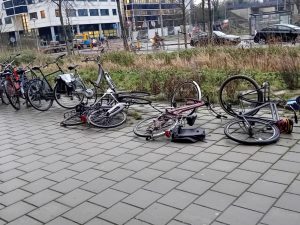 Last month I had the honour of chairing a committee to review the first three years of the MSc in Midwifery in the Netherlands. Since all Higher Education Institutions (HEI) in the Netherlands offer this joint degree there is only one in the country. This national collaboration meant there were very few academics working in the field of midwifery who can claim to be independent. All midwifery educators/academic midwives are employed by one of the HEIs participating in the joint Master’s degree. Hence, two of the four committee members, including myself came from abroad.
Last month I had the honour of chairing a committee to review the first three years of the MSc in Midwifery in the Netherlands. Since all Higher Education Institutions (HEI) in the Netherlands offer this joint degree there is only one in the country. This national collaboration meant there were very few academics working in the field of midwifery who can claim to be independent. All midwifery educators/academic midwives are employed by one of the HEIs participating in the joint Master’s degree. Hence, two of the four committee members, including myself came from abroad.
 Today’s blog highlights that there is a different way to the UK version of external examining as a form of quality control in Higher Education. In the UK each undergraduate programme, or year in a programme, or module has its own external examiner, who is appointed typically for three years to act as independent assessor. External examiners typically reviews all education aspects of the programme/module and discuss their assessment examiners’ meetings held at the host university. For more details on external examining in the UK, see also:”Acting as External Examiners in the UK: Going Beyond Quality Assurance” [1].
Today’s blog highlights that there is a different way to the UK version of external examining as a form of quality control in Higher Education. In the UK each undergraduate programme, or year in a programme, or module has its own external examiner, who is appointed typically for three years to act as independent assessor. External examiners typically reviews all education aspects of the programme/module and discuss their assessment examiners’ meetings held at the host university. For more details on external examining in the UK, see also:”Acting as External Examiners in the UK: Going Beyond Quality Assurance” [1].
The Netherlands and Flemish-speaking Belgium has a single cross-national organisation which is responsible for assessing the quality of higher education degrees. This organisation, the NVAO [Accreditation Organisation of the Netherlands and Flanders], has an accreditation system that covers Associate Degree, Bachelor’s, and Master’s programmes in the Netherlands. First, there is the need for initial accreditation of a new programme, valid for a period of six years. Secondly, the accreditation of an existing programme, which, following a positive assessment, is valid indefinitely, as long as the programmes passes the six-yearly assessment by a panel of independent experts (peers engaged by the NVAO). Between these periodic assessments there is no equivalent of the UK’s annual external examiners’ meeting.
Reference:
- Poobalan, A., Simkhada, P. & van Teijlingen, E. (2021), “Acting as External Examiners in the UK: Going Beyond Quality Assurance“, In: Sengupta, E., Blessinger, P., Ssemwanga, A. & Cozza, B. (Ed.) The Role of External Examining in Higher Education: Challenges and Best Practices (Innovations in Higher Education Teaching and Learning, Vol. 38), Emerald Publishing Limited, Bingley, pp. 13-23. https://doi.org/10.1108/S2055-364120210000038002

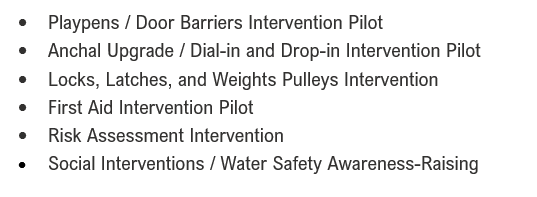
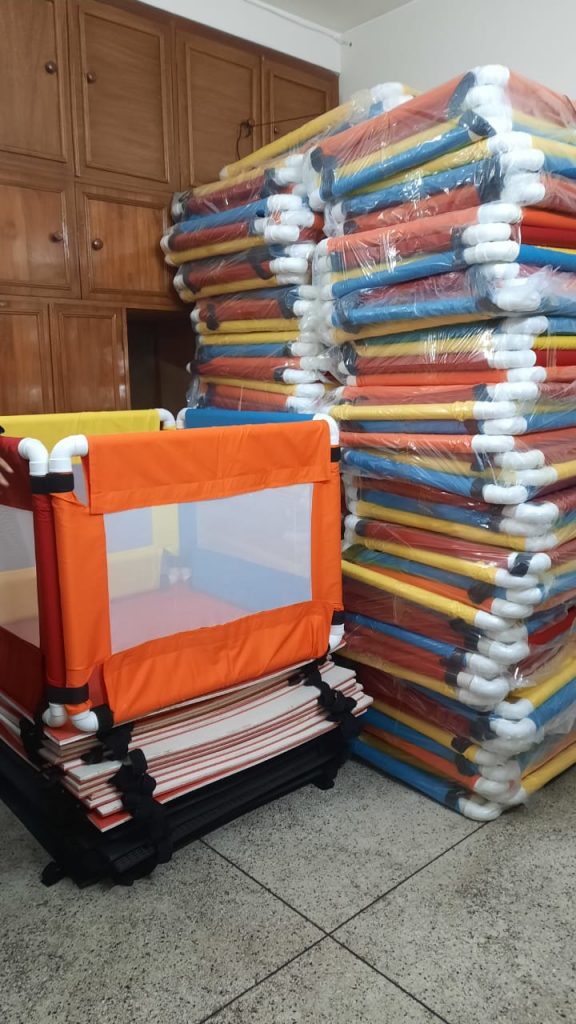
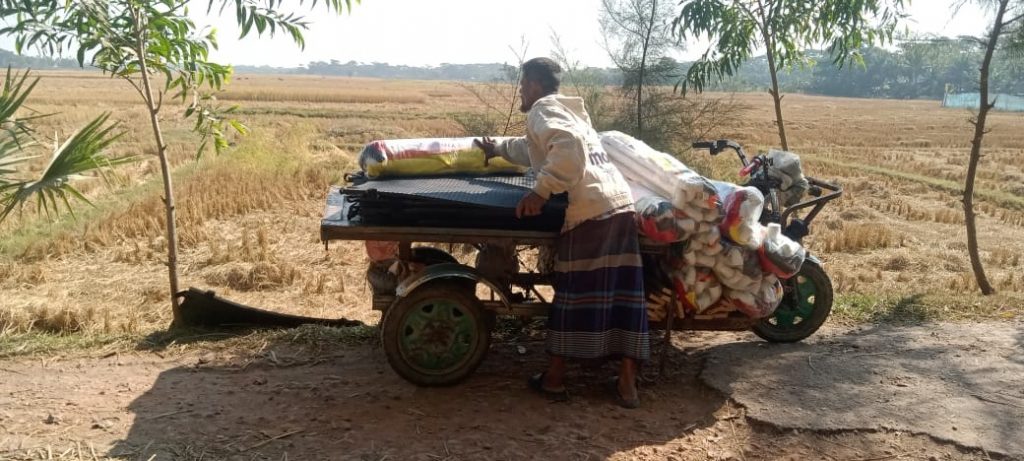

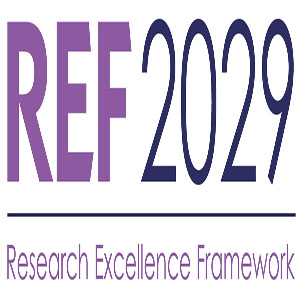
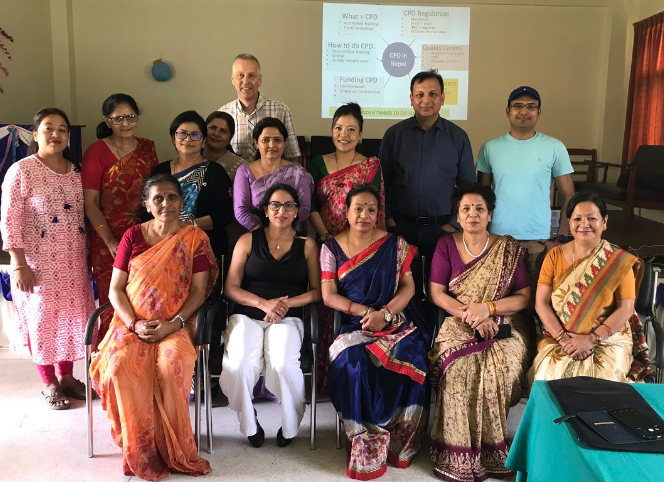

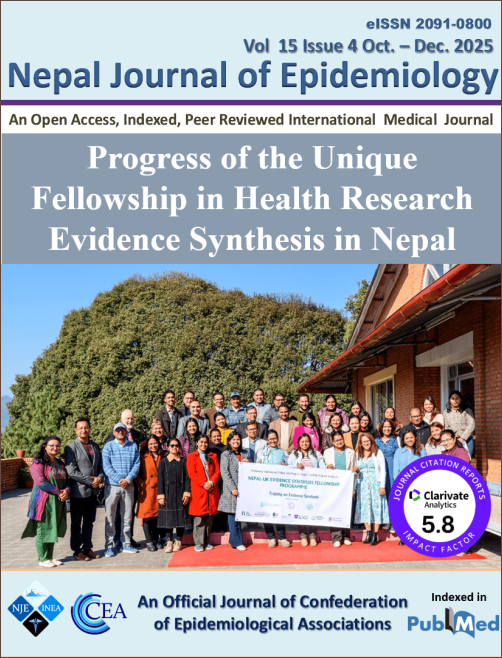
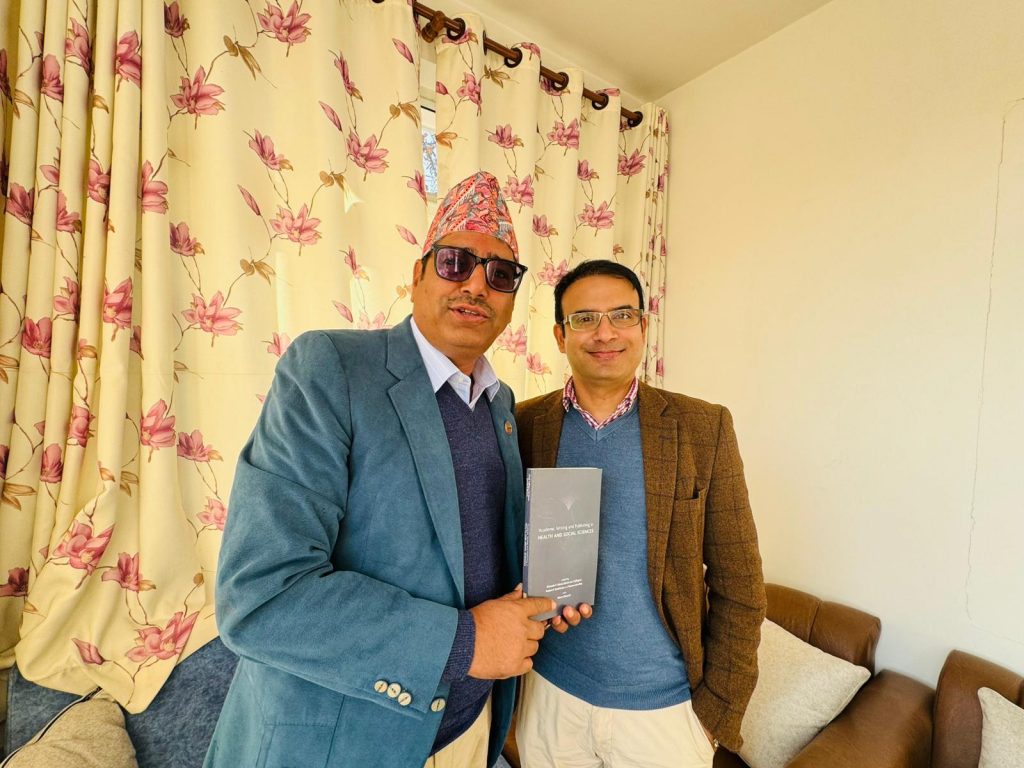

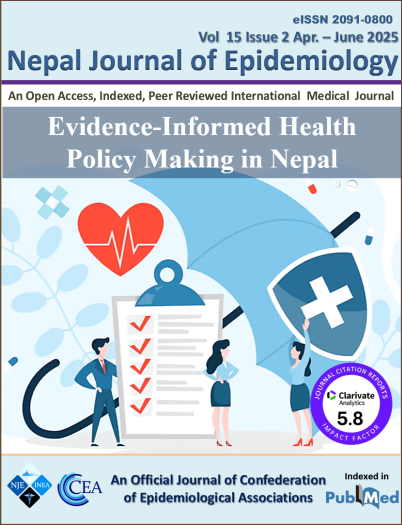
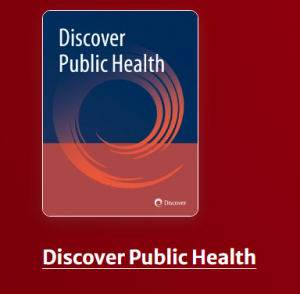
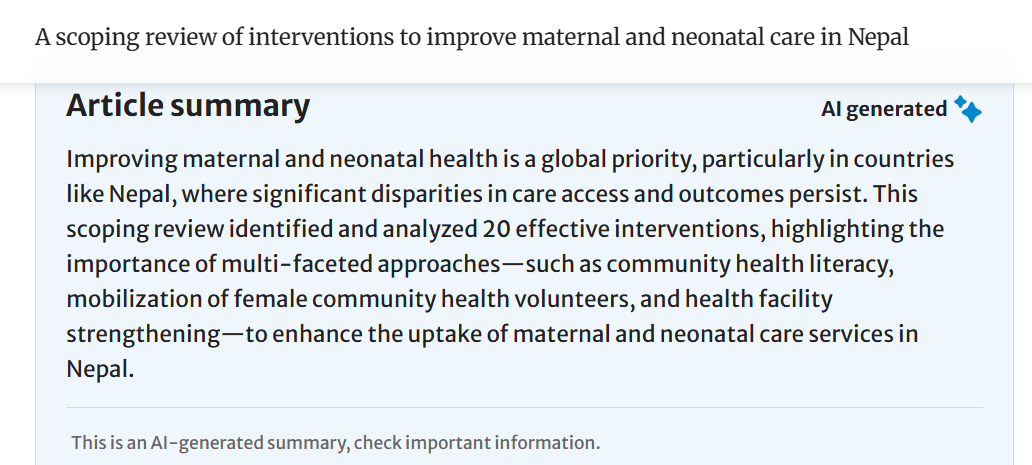

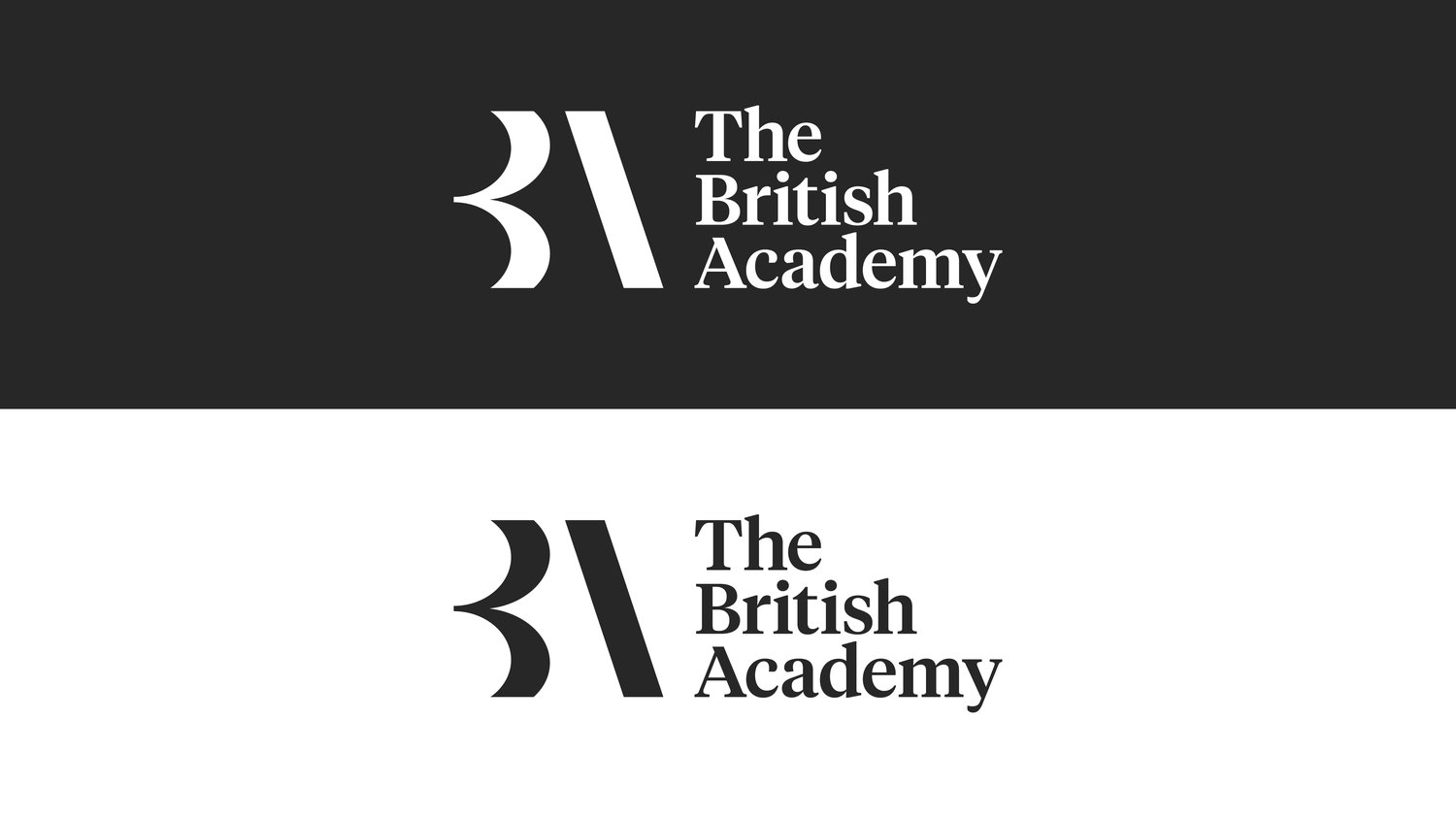
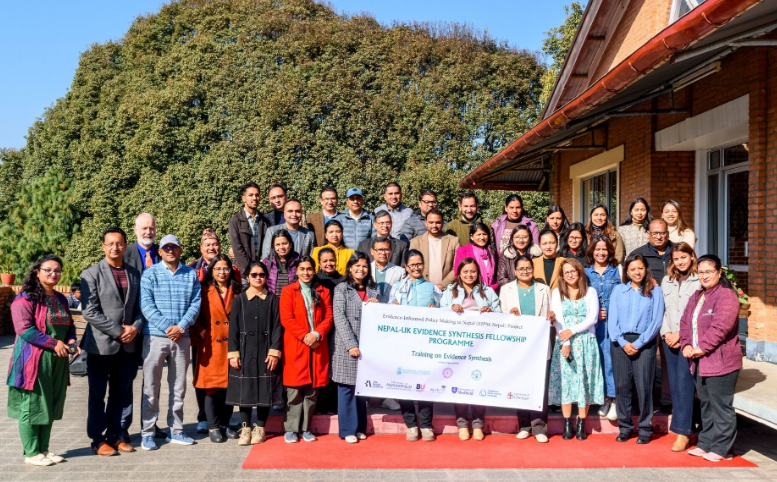
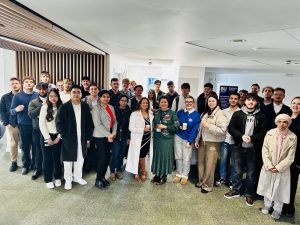
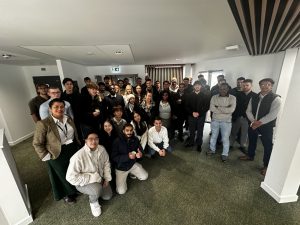
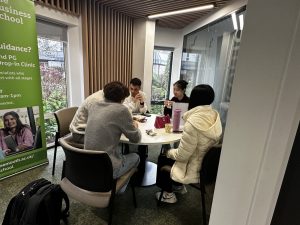
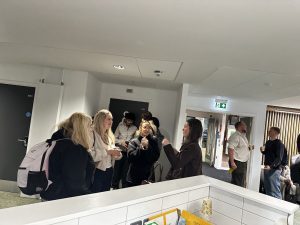
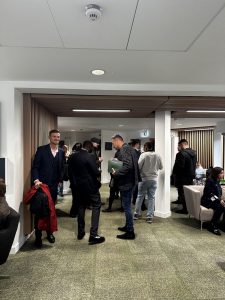
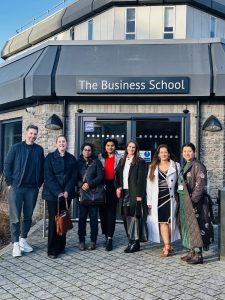

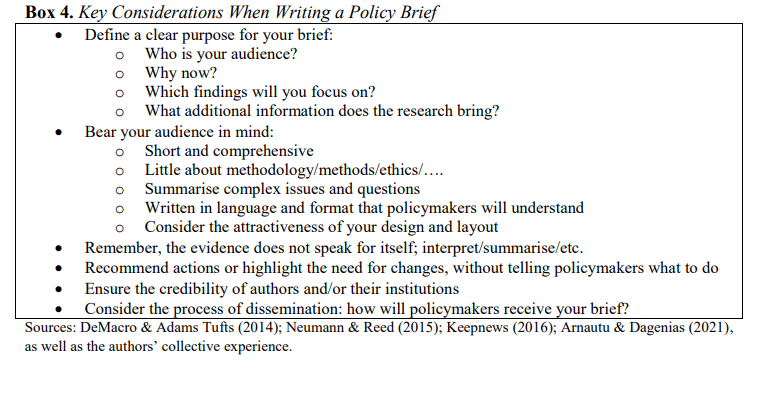
 The event in Westminster Palace focused on ‘Wounds Beyond War: Sexual and/or Reproductive Violence as Means of Genocide’. On invitation by Baroness Kennedy of the Shaws LT KC, the International Bar Association’s Human Rights Institute, British Group Inter-Parliamentary Union, and the Coalition for Genocide Response, powerful testimonies and interventions were made by Alisa Kovalenko, survivor of Conflict Related Sexual Violence in Ukraine; Rahima Mahmut, Uyghur human rights defender; Melanne Verveer, Former United States Ambassador-at-Large for Global Women’s Issues; and Christina Lamb, Sunday Times foreign correspondent and author of ‘
The event in Westminster Palace focused on ‘Wounds Beyond War: Sexual and/or Reproductive Violence as Means of Genocide’. On invitation by Baroness Kennedy of the Shaws LT KC, the International Bar Association’s Human Rights Institute, British Group Inter-Parliamentary Union, and the Coalition for Genocide Response, powerful testimonies and interventions were made by Alisa Kovalenko, survivor of Conflict Related Sexual Violence in Ukraine; Rahima Mahmut, Uyghur human rights defender; Melanne Verveer, Former United States Ambassador-at-Large for Global Women’s Issues; and Christina Lamb, Sunday Times foreign correspondent and author of ‘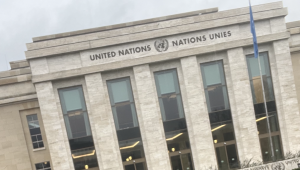 missing persons, it was heartening to visit the
missing persons, it was heartening to visit the 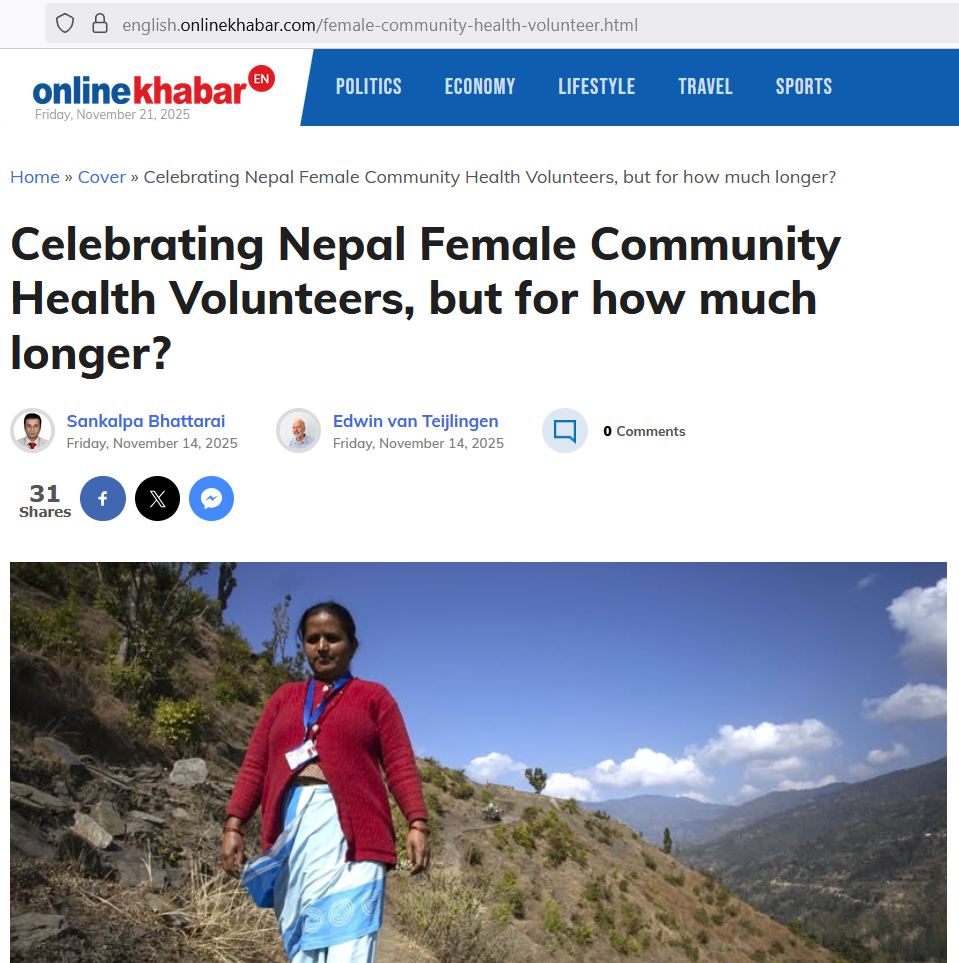

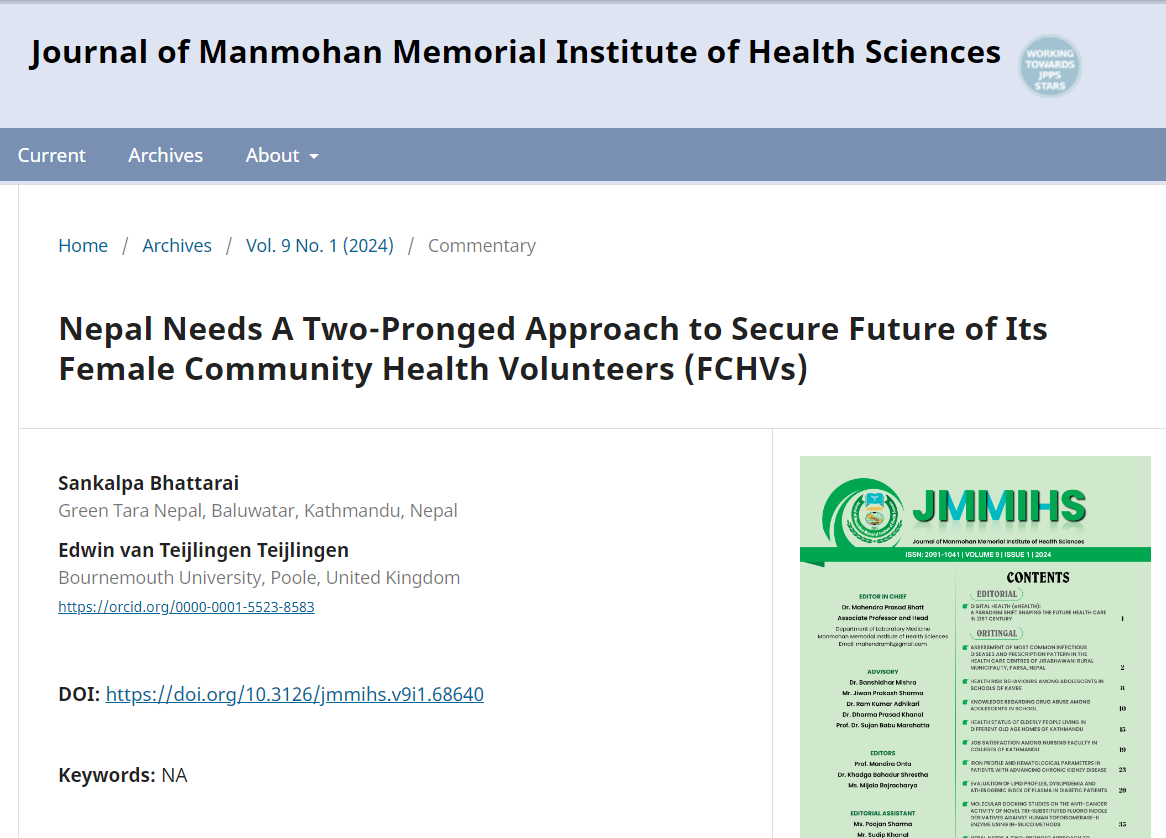







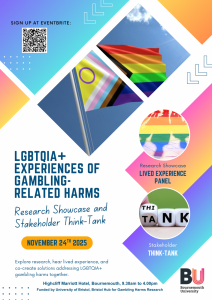
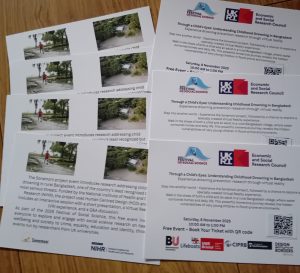
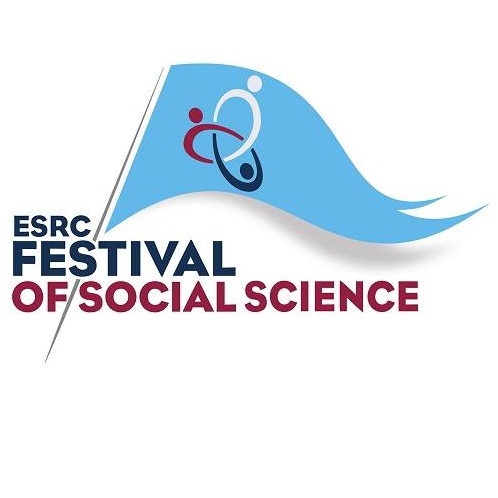

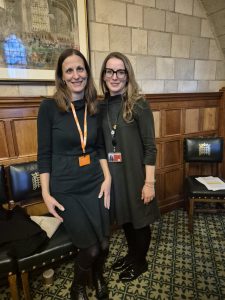 This week, members of Bournemouth University’s
This week, members of Bournemouth University’s 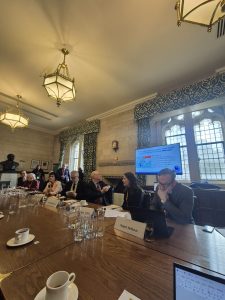



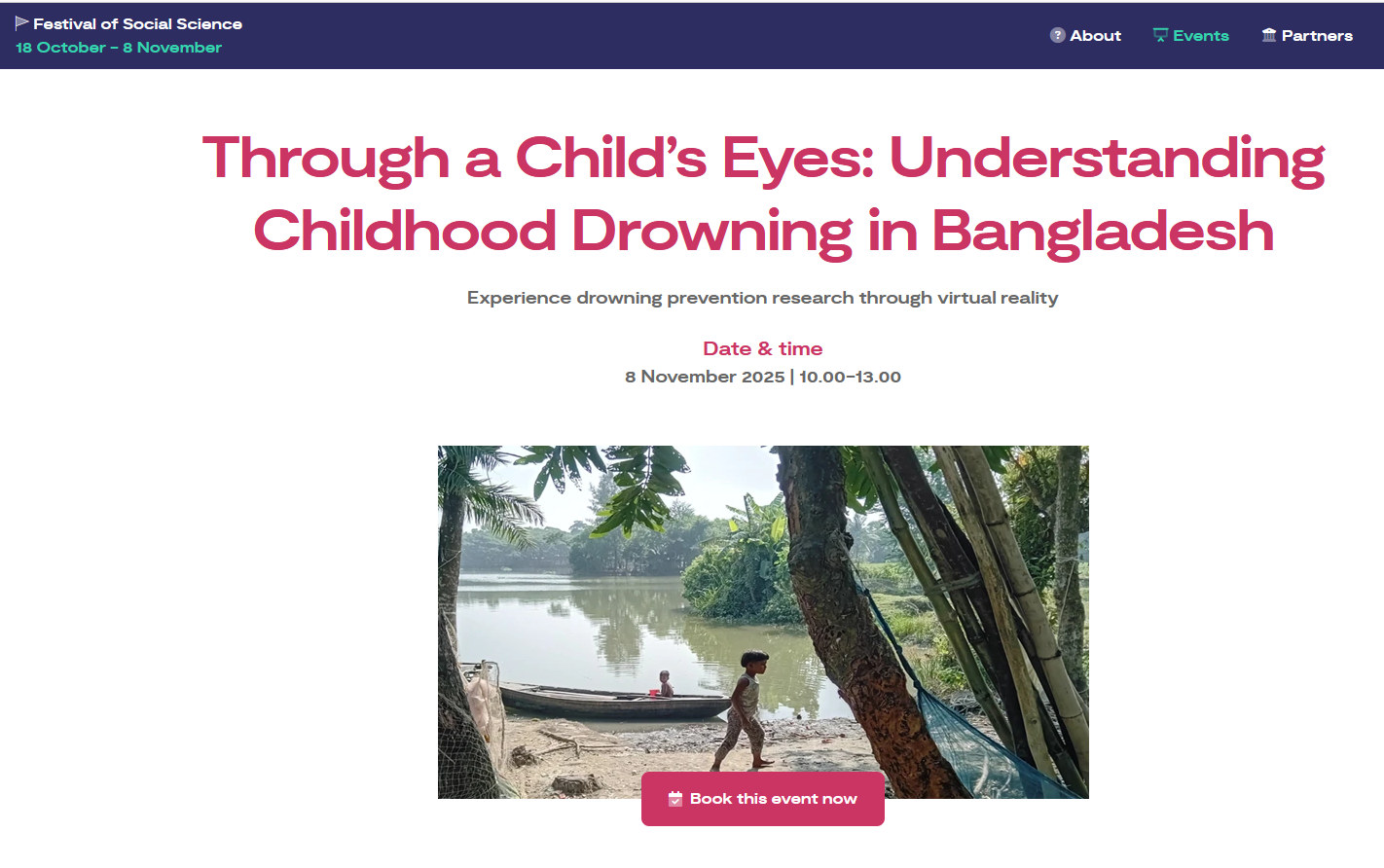













 Beyond Academia: Exploring Career Options for Early Career Researchers – Online Workshop
Beyond Academia: Exploring Career Options for Early Career Researchers – Online Workshop UKCGE Recognised Research Supervision Programme: Deadline Approaching
UKCGE Recognised Research Supervision Programme: Deadline Approaching SPROUT: From Sustainable Research to Sustainable Research Lives
SPROUT: From Sustainable Research to Sustainable Research Lives BRIAN upgrade and new look
BRIAN upgrade and new look Seeing the fruits of your labour in Bangladesh
Seeing the fruits of your labour in Bangladesh ECR Funding Open Call: Research Culture & Community Grant – Apply now
ECR Funding Open Call: Research Culture & Community Grant – Apply now ECR Funding Open Call: Research Culture & Community Grant – Application Deadline Friday 12 December
ECR Funding Open Call: Research Culture & Community Grant – Application Deadline Friday 12 December MSCA Postdoctoral Fellowships 2025 Call
MSCA Postdoctoral Fellowships 2025 Call ERC Advanced Grant 2025 Webinar
ERC Advanced Grant 2025 Webinar Update on UKRO services
Update on UKRO services European research project exploring use of ‘virtual twins’ to better manage metabolic associated fatty liver disease
European research project exploring use of ‘virtual twins’ to better manage metabolic associated fatty liver disease